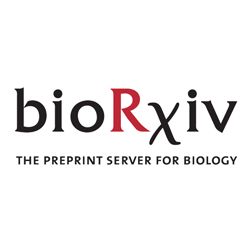
https://www.rossimicrolab.com/
pubs.acs.org/doi/10.1021/...

pubs.acs.org/doi/10.1021/...
#microsky🦠🧫
Zoom ki-se.zoom.us/j/6761509723...

#microsky🦠🧫
Zoom ki-se.zoom.us/j/6761509723...
#MicroSky 🦠🧫 #UTISky #UTI
www.biorxiv.org/content/10.1...


www.sciencedirect.com/science/arti...

www.sciencedirect.com/science/arti...
Congratulations to all the authors!
openres.ersjournals.com/content/earl...
Congratulations to all the authors!
openres.ersjournals.com/content/earl...
#MicroSky
www.sciencedirect.com/science/arti...

#MicroSky
www.sciencedirect.com/science/arti...

